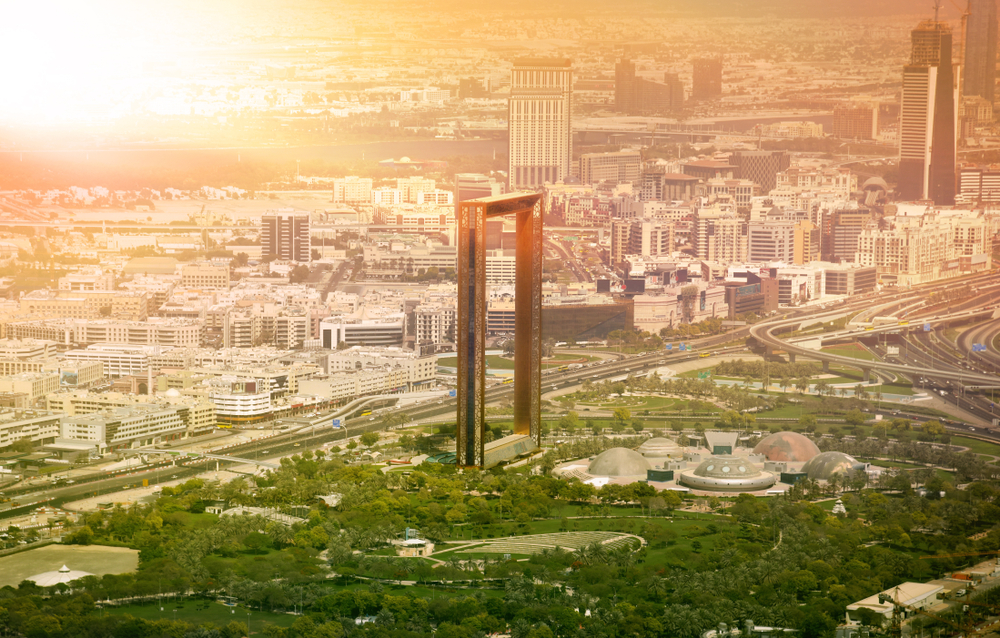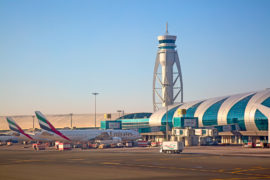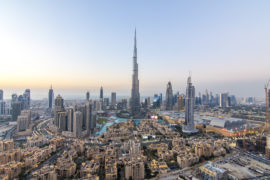A 15% fall in revenues has been reported by the hotel sector in Dubai for the first 10 months of 2019, even though occupancy levels remained fairly static.
EY MENA’s ‘The Middle East Hotel Benchmark Survey’ found that occupancy levels in Dubai were at 73.5% between the months of January and October this year, a slight decrease from the 74% average in the same time period in 2018.
Average room rates during those 10 months fell more significantly, however, from $254 in 2018 to just $217 this year, resulting in a 10% fall in the Average Revenue per Available Room (RevPAR), which went down to just $160.
Performance in the time period varied all over the United Arab Emirates.
The Middle East’s top-performing city was actually Beirut, which saw a RevPAR increase of as much as 19.2% as well as a 5% rise in occupancy.
However, this trend is not expected to continue due to protests in the Lebanese city, which have already affected monthly figures, with a 19.5% fall in RevPAR and a 14.9% decline in occupancy in October.
An industry report released last month found that there is a hotel construction pipeline of almost 53,000 rooms in the UAE – around 30% of the existing supply in the market.
Hotel pipeline data from STR in October revealed that the UAE is ahead of the pack in the Middle East – there are 434 projects that account for as many as 119,991 rooms.
The UAE accounts for 52,810 rooms, with Saudi Arabia in second place with 38,912 rooms, representing 38.3% of the current supply.
The November industry analyst report also stated that in order to be successful in the future, the hospitality market in Dubai will have to be completely repositioned.
Drees & Sommer’s managing director of global hospitality Filippo Sona says that the consolidation of Dubai’s average room rate will remain the same, with the new average rate for five-star rooms being between $180 and $200.
Hoteliers need to reinvent and reposition themselves, Sona claims.
The business model has a number of primary issues, including the massive cost of Dubai hotel owners providing staff accommodation, which Sona says is both unnecessary and unsustainable.
Sona is certain that the practise will soon be obsolete because of the stable but expanding residential market in Dubai as well as units coming online that will be affordable to rent by hotel employees.
The trend for hotel services from housekeeping to security being outsourced is also continuing to grow and when paired with technological developments that will increase the efficiency of hotels will result in smaller workforces, according to Sona.
Anyone planning to travel to Dubai or anywhere else in the UAE and stay in a hotel should take out travel insurance before they do so.
Taking out travel insurance is an important step for travellers to take as it protects them against unexpected and unfortunate events that can happen during a journey overseas.
These events include the likes of cancelled flights and misplaced luggage.




